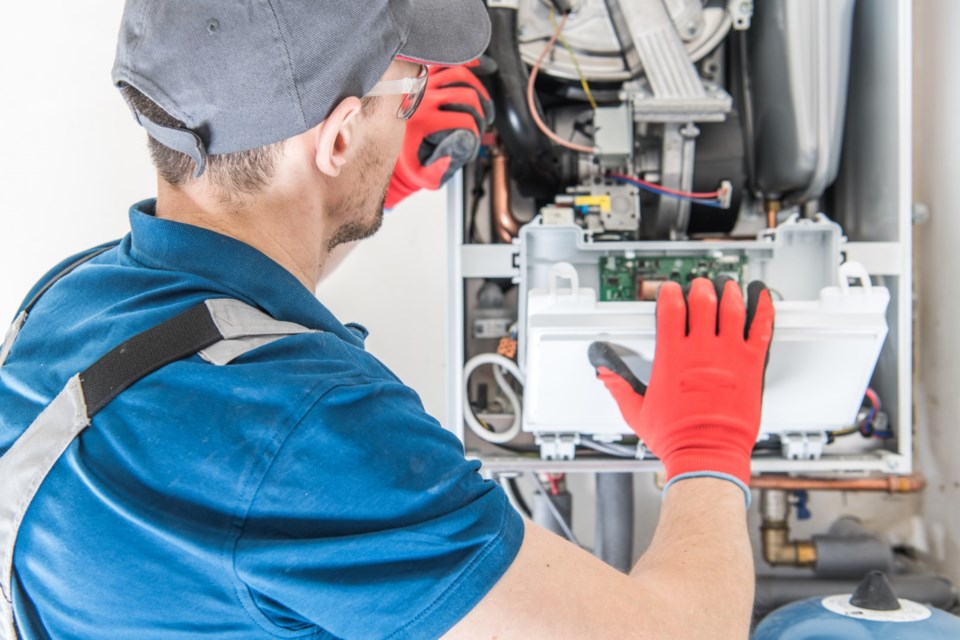Relax, everybody. Nobody is coming to take your gas furnace away.
The B.C. government seeking input from contractors on the idea of banning natural gas as a stand-alone home heating source by 2030 IN NEW HOMES is nothing more than greenwashing.
That’s what it’s called when large companies and political parties set distant targets years in the future to be carbon neutral, emissions free, or some other nice-sounding, environmentally friendly outcome.
This now standard marketing practice also goes by another name: virtue signalling.
But it’s not all cynical.
There are many BC NDP MLAs and their supporters, right up to Premier David Eby, who are sincere in their desire to ween B.C. off natural gas.
Just like they were sincere 10 years ago that there was no need to build the Site C dam. They even toyed with the idea of cancelling the project two years into construction when they formed government in 2017.
That’s just an example of how circumstances change perspectives and how goal posts can be moved to suit desired outcomes for political and business leaders alike.
It’s also an example of mixed priorities. During a housing crisis for availability and affordability, the BC government is offering a plan to make new homes more expensive to build and live in.
At the moment, however, this 2030 deadline serves the NDP well. It forces a serious discussion with industry about the technical hurdles to reach its target while inspiring environmentalists that the government is showing strong leadership on climate change. The date is far less important than working – and being seen to be working - towards the desired outcome.
The deadline also serves the NDP going forward. There will be not one but two provincial elections between now and 2030. If the NDP is still in power then, Eby or the premier of the day will brag about all the work that has been done and how close B.C. is to getting there in (insert new target year here). If the NDP isn’t in power, they’ll blame the party in power from derailing their hard work.
No need for homeowners to fret yet. There will still be plenty of gas furnaces heating houses in 2030… and 2040, too.
2050 might be a different story.
Or it might not.
Long before then, there’ll be new political leaders offering new plans and setting new target dates.
Neil Godbout is editor of the Prince George Citizen.



